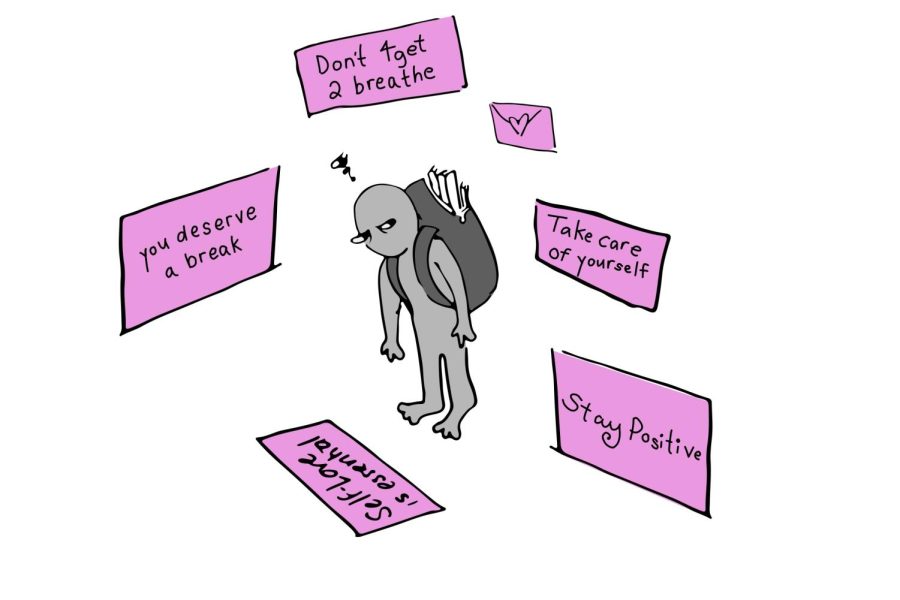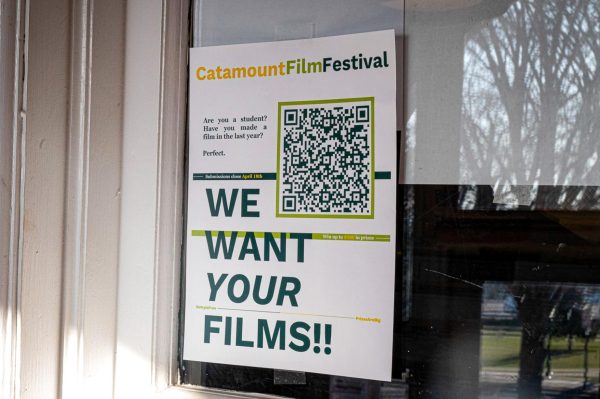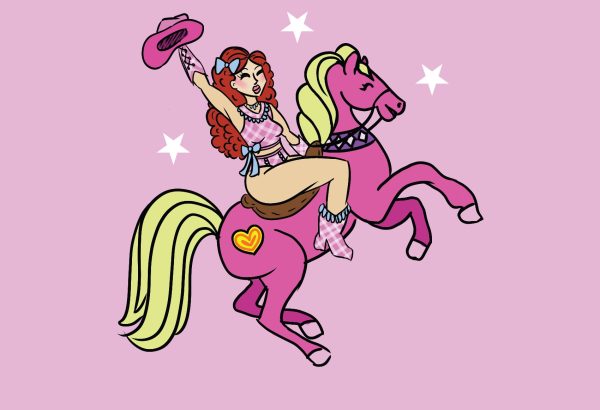The problem with wellness buzzwords
In recent years, the term “burnout” has crept its way into our lingo and I myself have used it multiple times to express how I am feeling.
It can be helpful to put a word or term to your experience—it helps us know we aren’t in this alone and what we’re feeling has been felt before. But the adoption of certain wellness buzzwords presents a serious problem.
This problem begins when wellness talk bleeds into the mainstream without accountability. It’s helpful to be able to acknowledge what you’re feeling—with experiences like burnout or anxiety—but it’s only helpful as a form of crisis management.
If you recognize what you’re feeling, you can take steps to help protect your mental well-being. But the problem is that by the time you’re experiencing burnout, you’re already facing a serious issue, something that ideally would have been avoided altogether.
Parker Holloway, the operations coordinator at UVM’s Living Well, spoke to the severity of burnout and why it acutely impacts college students.
“College students are under a lot of pressure, just blatantly,” Holloway said.
Extreme examples that can play into people being more susceptible to burnout include things like intense familial pressures or having to work multiple jobs to manage paying for tuition and housing, he said.
It comes at a severe cost—things like mental health, physical health, relationship health and ability to perform executive function can all be impacted by severe burnout, he said.
“We as humans and especially as college students are just having more and more required of us in order to just survive and make the bare minimum,” Holloway said.
And this has manifested itself in an increase in students looking to use UVM’s resources, Holloway said, although part of this he attributed to a destigmatization of asking for help.
Destigmatization, of course, is good. Students should feel comfortable seeking resources to help their mental health.
However, what happens with the increased popularity of these words is that they become common to the point that they lose their severity. When “burnout” becomes a buzzword it might be helpful in terms of identifying it in ourselves, but it also begins to be seen as a common condition.
Increased access to accurate vocabulary for mental situations is valuable since you can’t deal with something you can’t acknowledge, but the semantic bleaching of these terms is dangerous.
If everyone is feeling burnt out, then it can come to be seen as a normal state of being. When something becomes normalized, or almost expected, it can seem as though you are individually responsible for dealing with it, instead of institutions being responsible for preventing us from getting there.
And when we begin to see the answer to assaults against mental well-being as individual action, the institutions that have allowed people to get to such extreme, negative states of mental status are able to shirk responsibility.
In reality, the blame usually is on the institutions we’re part of.
“Unchecked organizational norms insidiously create the conditions for burnout,” according to an April 6, 2017 Harvard Business Review article.
But when we begin to accept these extreme states of mental unwellness as normal, we fail to adequately hold those institutions accountable.
For example, you individually might not be able to help alleviate Burlington’s housing crisis, but UVM has the capacity to do so.
But instead of taking action to prompt the University to take responsibility for the emotionally-taxing situation students looking for off campus housing face, we accept it as the norm.
If you talk to your friends and find out they are also facing burnout or extreme stress, even though it is likely true, it might begin to seem less severe. The reality is that burnout is more serious and more nuanced than institutions might want us to believe.
If everyone around you is also feeling burnt out, it becomes easier to think that it’s okay, or even normal, to feel that way.
Burnout can manifest itself in long term physical changes to your body that might make you more susceptible to illnesses, according to an article by HelpGuide.org. It can also take a toll on your mental health and can cause changes in your behavior.
It’s more serious than something you can solve with a face mask or 20 minutes of journaling. Yet when we’re told we can reduce our stress levels with something like a mindful minute or ten deep breaths, it’s made to seem like a common condition.
Additionally, putting the burden on the individual to try to protect their mental well-being can cloud the fact that UVM’s resources for people experiencing mental health crises are severely lacking and fail to adequately support a university accepting more students.
In order to protect our health, students need to embrace advocating for structural changes, not vernacular ones.

(He/him)
Eamon Dunn is a senior English major with a studio art minor. He joined the Cynic his sophomore year as a culture staff writer and was the...











